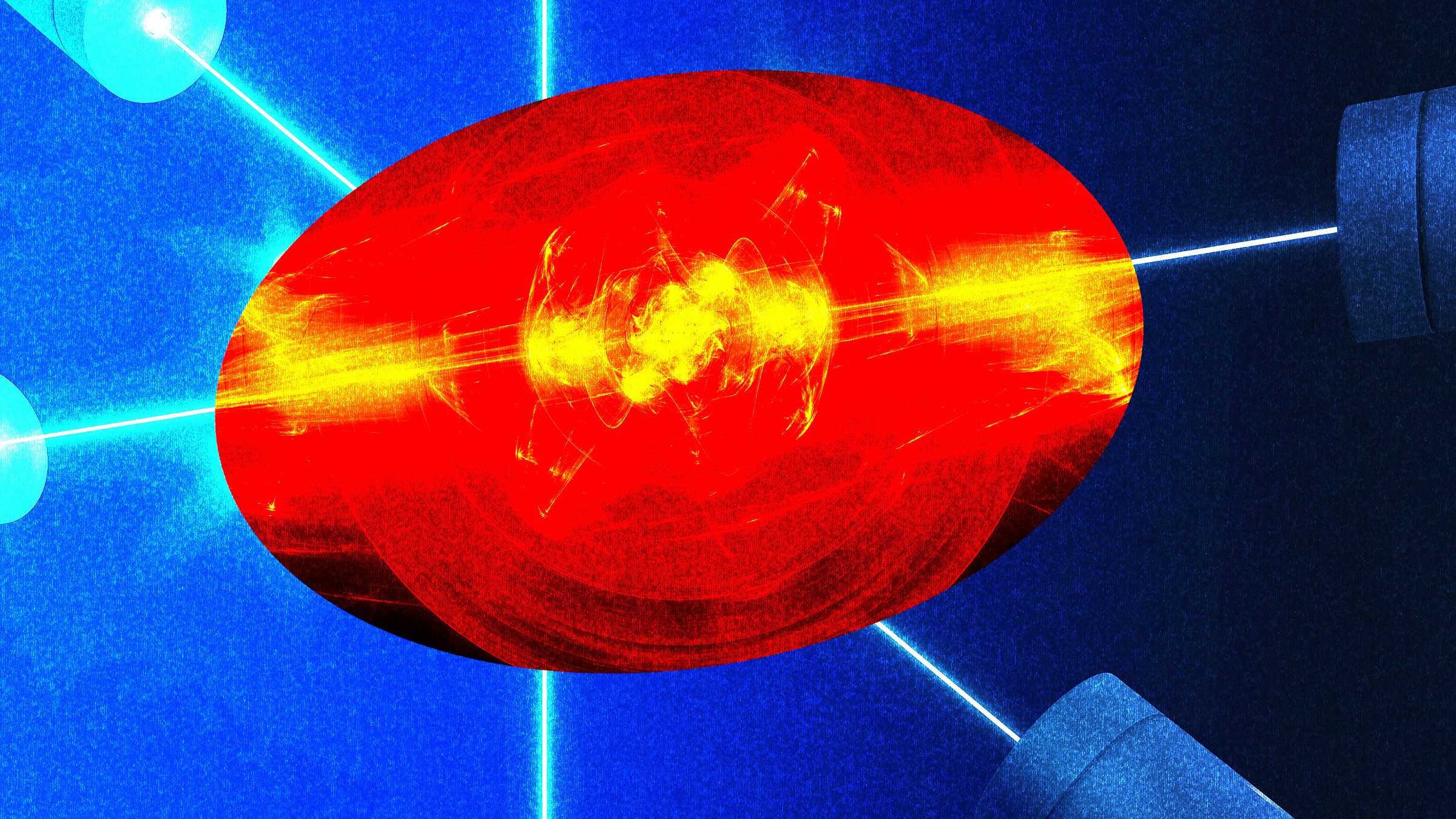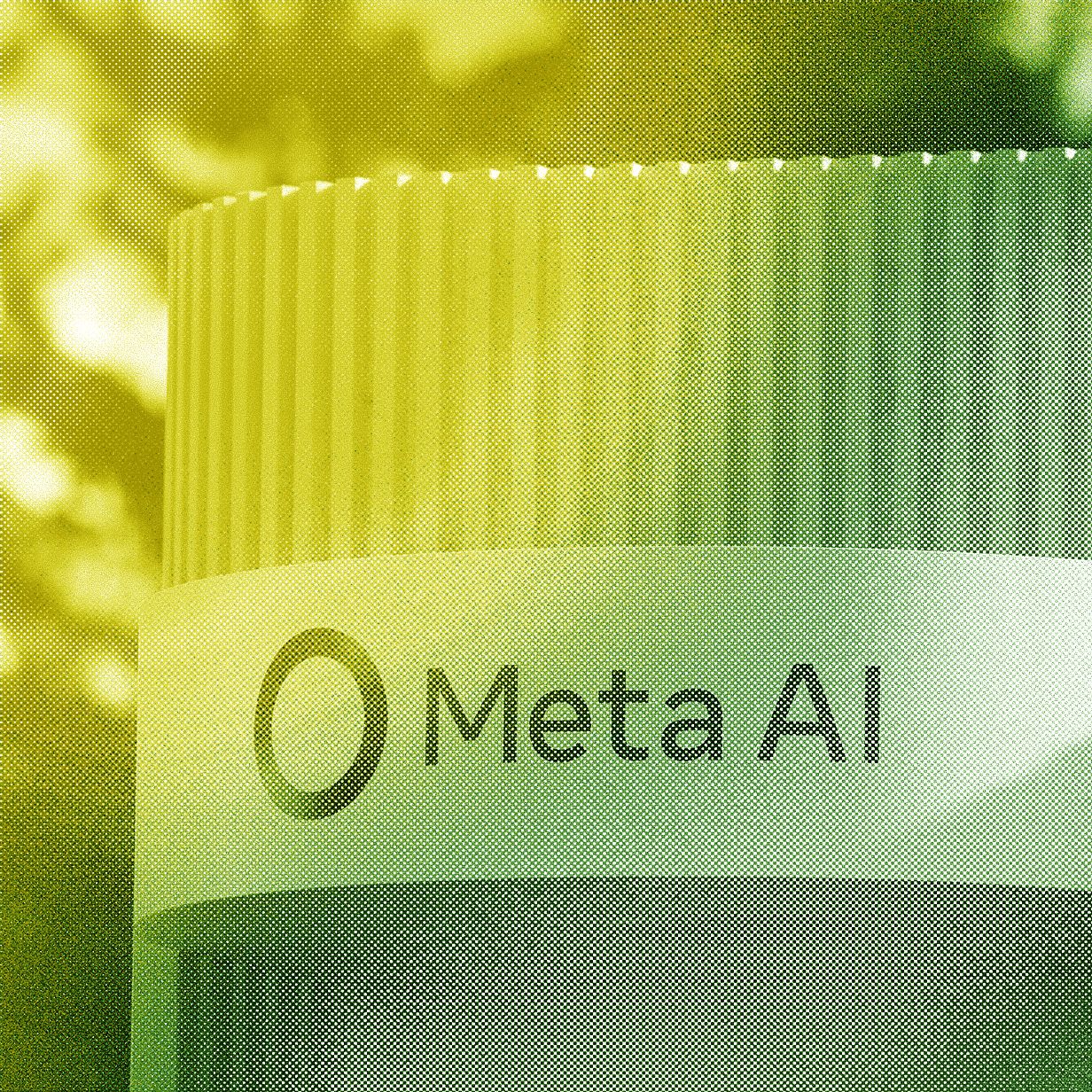The New Digital Dark Age
The New Digital Dark Age
In the age of rapid technological advancement, we are facing a new kind of dark age – one that is digital in nature. With the vast amount of data being generated and stored online, we run the risk of losing valuable information due to technological obsolescence.
This new digital dark age is characterized by the potential loss of historical records, scientific data, and cultural artifacts as formats become outdated and platforms change. Without proper preservation efforts, we may find ourselves unable to access crucial information in the future.
One of the key challenges of the new digital dark age is ensuring the long-term accessibility and usability of digital data. As technologies evolve and data formats change, there is a risk that valuable information may become inaccessible or lost entirely.
To combat the new digital dark age, experts in the field of digital preservation are working to develop sustainable strategies for archiving and preserving digital content. This includes efforts to migrate data to new formats, create digital backups, and establish best practices for long-term data management.
As individuals, we can also take steps to protect our own digital information by regularly backing up our data, storing it in multiple locations, and using open source file formats that are likely to remain accessible in the future.
It is crucial that we address the challenges posed by the new digital dark age to ensure that future generations have access to the wealth of information that is being generated today.
By investing in digital preservation efforts and adopting best practices for data management, we can help prevent the loss of valuable information and ensure that our digital legacy endures.






